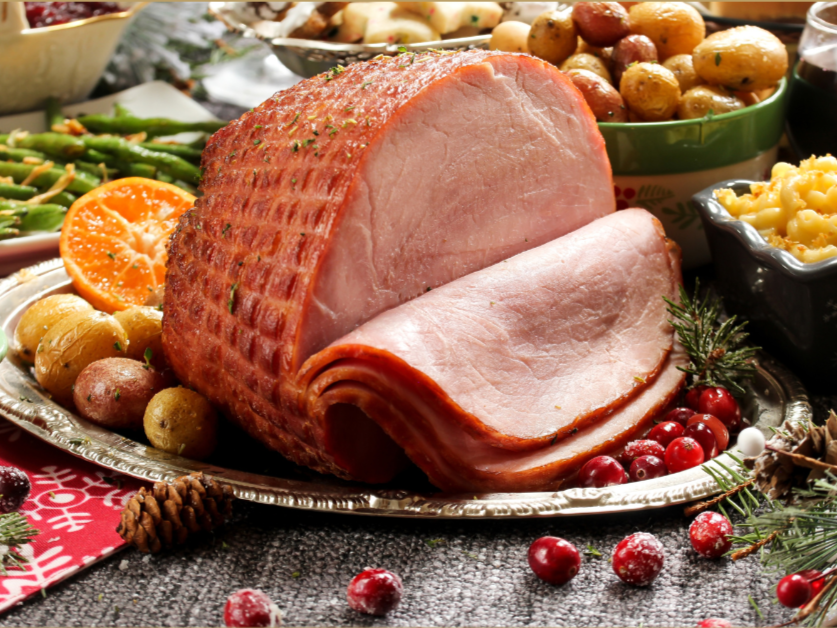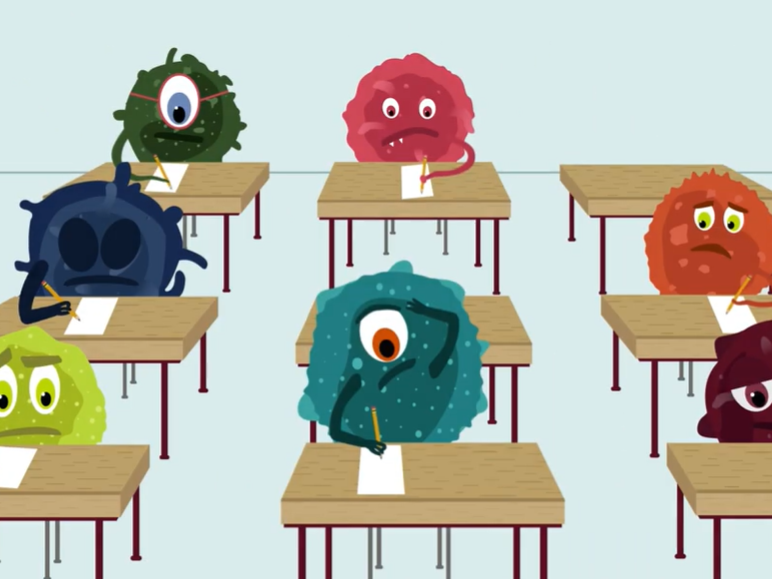Preventing respiratory illnesses
With the arrival of fall comes respiratory illness season. Getting sick from influenza, RSV or COVID-19 can mean missed days of school or work and can lead to serious illness.
The best way to protect yourself and your loved ones from serious illness is to get vaccinated. An annual influenza vaccine and the updated COVID-19 vaccine are recommended for everyone 6 months and older. A vaccine that protects against RSV is also available for older adults and pregnant people, and infants can receive monoclonal antibodies for protection against RSV. Talk to your health care provider to learn more about these options.
We can also stop the spread of germs by washing hands often with soap and water, avoiding touching our eyes, nose and mouth with unwashed hands, covering coughs or sneezes, staying home when sick and avoiding close contact with sick people. While viruses are circulating, consider wearing a mask in crowded indoor places, especially if you or someone you live with is at higher risk for serious illness.
Maintaining a healthy lifestyle – such as eating well, being physically active, and getting enough sleep – can also help to strengthen immunity.
Visit the respiratory illnesses data webpage for the latest information about COVID-19, influenza and RSV activity in Clark County.
Dental support for children
Resources are available for parents of children with special health care needs to help make dental visits easier.
Using pictures to express thoughts and feelings can help children who are nonverbal or have limited vocabulary feel more comfortable during dental appointments.
Explore these resources on the Oral health for children with special needs webpage.
Holiday food safety
Whether preparing a large meal or baking seasonal treats, preventing foodborne illness during the holiday season starts with safe food preparation.
To keep food safe, wash your hands before and after handling food, after using the restroom, and after changing diapers. Keep raw foods like meat and seafood separate from other food items by using a dedicated cutting board, plate, and utensils. Rinse all fruits and vegetables under running water before eating or cooking. And use a food thermometer to make sure dishes reach a safe internal temperature.
How we build immunity
Our immune systems are constantly learning how to fight germs. From birth to adulthood, this training process never stops, and vaccines play an important role in that education.
Check out this video on how immunity is built, why some germs are too dangerous to face alone, and how vaccines help prepare our bodies to fight back safely.
Public Health news
Public records request
To request public records involving Public Health, please access the Public Records Request Portal, create an account and complete the submittal process.



